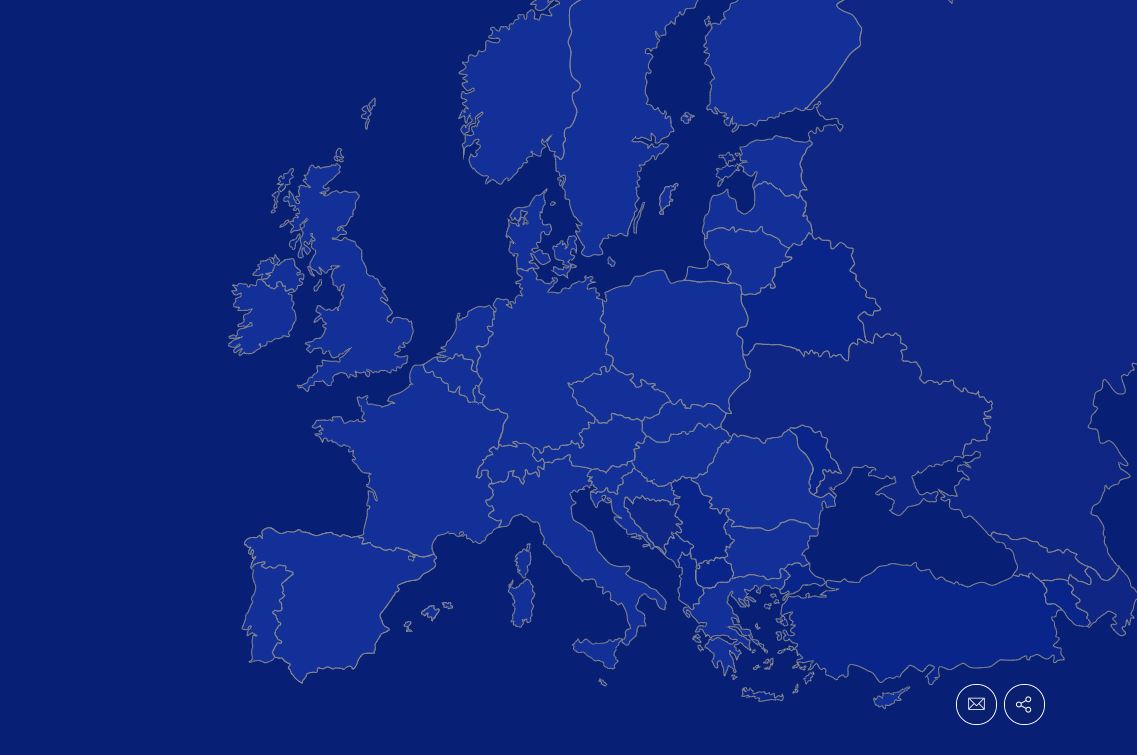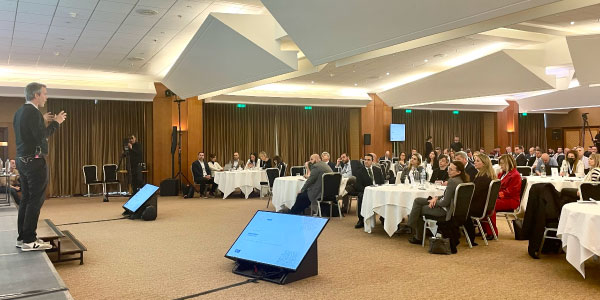baVel, the electronic transaction platform from Voxel Group, leader in the tourism sector, has produced its “Panorama of the Electronic Invoice in Europe”, an interactive map detailing the state of legislation on electronic billing in each country. It also indicates when new laws come into force and is continually updated with any new obligations concerning electronic invoices in each country. In some countries, baVel’s interactive map also includes a detailed guide to the requirements for using electronic invoices in each country.
By 18 April 2019 all central government bodies of European Union member states must be ready to receive and process electronic invoices, in accordance with Directive 2014/55/EU. For this reason, and with the aim of providing all businesses with a tool to support the changing European legislative Framework on electronic invoices, baVel has launched this interactive map.
The European Directive is just one more step towards normalising and standardising the use of electronic invoices in all areas (B2G, B2B, B2C). According to the Digital Agenda for Europe, electronic invoicing is a political priority. For the private sector, this Directive does not impose any obligations but rather makes it possible to begin using e-invoices with all government bodies in Europe.
“The normalisation of the use of electronic invoicing is closer than we imagine. Now it’s the turn of public administrations, but there are already many private companies that have had a robust electronic invoicing system in place for years,” explains Àngel Garrido, CEO of Voxel Group. “Understanding the legal complexity of electronic billing gives companies greater and better decision-making power regarding their businesses,” Mr Garrido concludes.
Electronic invoicing in the tourism sector
If there is one sector where electronic transactions are on the rise, it is tourism. The travel sector is highly transactional, which means that by the nature of its business it generates millions of invoices and transactions every year. Historically, processing all these invoices manually has been a source of great inefficiency for tourism companies.
According to figures provided by baVel, an international hotel chain can process between 3 to 6 million invoices a year, while a travel agency or a tour operator can deal with over a million invoices each year; and an international bedbank can process over 10 million invoices a year.
The digitalisation of the invoicing process has numerous benefits for companies: the automation of manual processes, fewer errors, increased productivity, better control of documentation, reduced use of paper, greater efficiency in billing, etc. The Voxel Group’s specialised electronic invoicing platform for the tourism sector, baVel, is specially designed for the work flows of the tourism industry and the HORECA sector, and brings additional benefits such as traceability, automatic reconciliation, compatibility with universal management systems and the possibility of completing the billing cycle by also automating B2B payments.
Electronic invoicing in Europe
The growth of electronic invoicing in Europe is a fact. According to the European E-Invoicing Service Providers Association (EESPA), the use of electronic invoicing grew by 23% in 2017,
an increase of up to 1.9 billion e-invoices compared to 2016. In Italy it is already compulsory
to use both B2G and B2B electronic invoicing.
In the United Kingdom electronic invoicing is not compulsory, although, according to the latest figures published for 2017, the British public sector could save up to 4.4 million euros by introducing compulsory electronic invoicing. However, in view of the imminent Brexit process, it is not clear whether the United Kingdom will have to comply with European guidelines on electronic invoicing or if it will have complete freedom to legislate on the matter.











